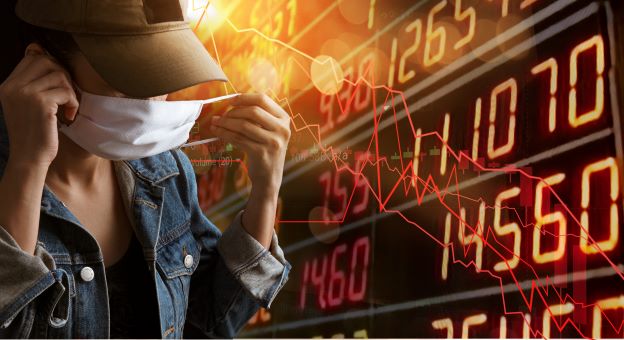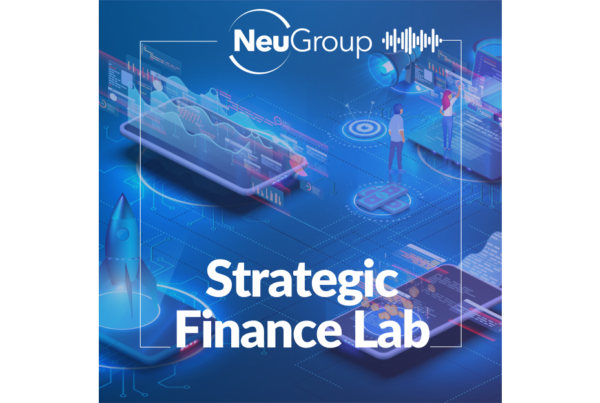
Treasury investment managers hear sober forecasts and calls for greater action by the IMF.
Hardly any of the treasury investment managers who met in early May at a NeuGroup virtual meeting said they owned emerging market (EM) debt—not very surprising given that most companies have been parking cash in high-quality, short-duration investments since the pandemic rattled credit markets.
- But one manager who does invest in USD-denominated EM debt said he was “bitterly disappointed” in the International Monetary Fund and G7 nations that had not “come to grips” with the depth of the problem facing the poorest countries in the developing world in the wake of the coronavirus, adding that they “haven’t thought big enough about” the issue—a contrast to fiscal and monetary efforts by developed nations.
- He noted that emerging markets had been forecast to supply two-thirds of the world’s economic growth.
- On the plus side, his company had avoided investments in Argentina and sold stakes in Turkish and Ukrainian debt.
BlackRock’s take. Several representatives from BlackRock, sponsor of the meeting, described a grim situation in emerging markets, with one saying many nations face a “perfect storm,” given inadequate health care infrastructure to deal with COVID-19 cases, the trend toward onshoring in global supply chains, capital outflows and serious debt issues. One presenter said the IMF’s efforts at debt relief were “not enough.”
- One senior executive said he was “very bearish” on the outlook for countries including Brazil, Indonesia and Argentina, saying all hope has been “shattered.”
- The executive also noted that the greatest impact of climate change will be on the equatorial world, including Brazil, Africa and Bangladesh. “If you believe in climate change, the long-term impact is incredibly ugly,” he said. The developing world, he added, will “use more coal than ever” during a severe economic downturn.
Updates. In mid-June, the BlackRock Investment Institute explained its views on EM debt:
- “We stay neutral on hard-currency EM debt due to the heavy exposure to energy exporters and limited policy space among some markets. Default risks may be underpriced.
- “We are neutral on local-currency EM debt because we see a risk of further currency declines in key markets amid monetary and fiscal easing. This could wipe out the asset class’s attractive coupon income.”


